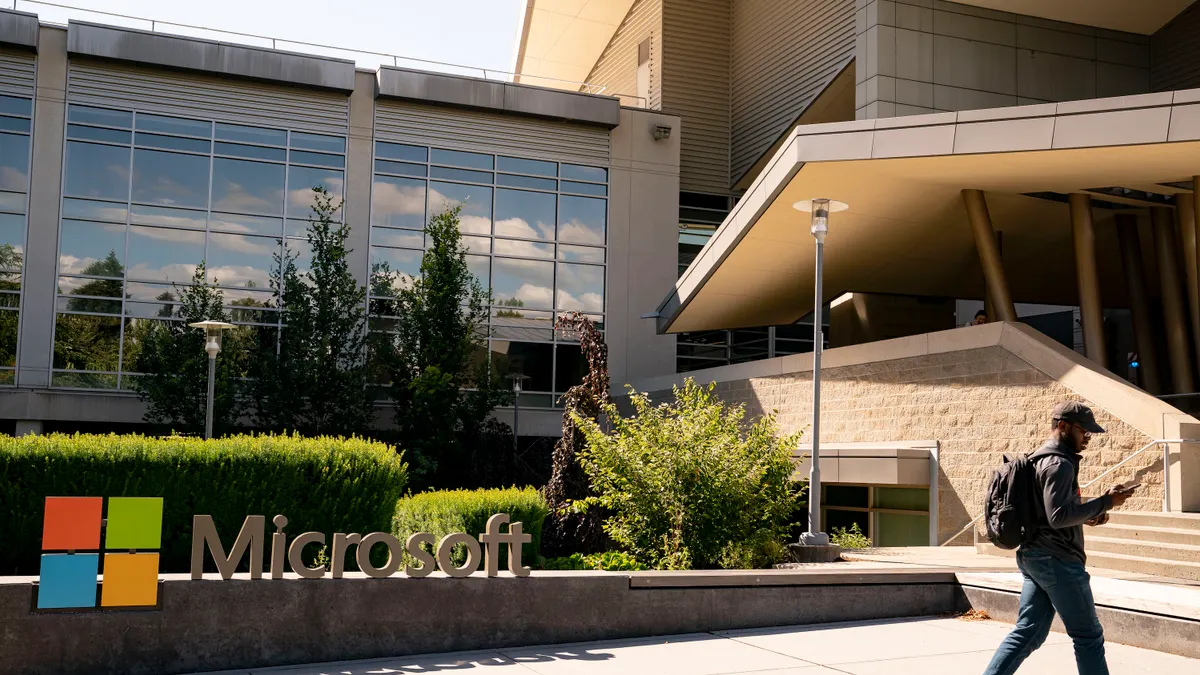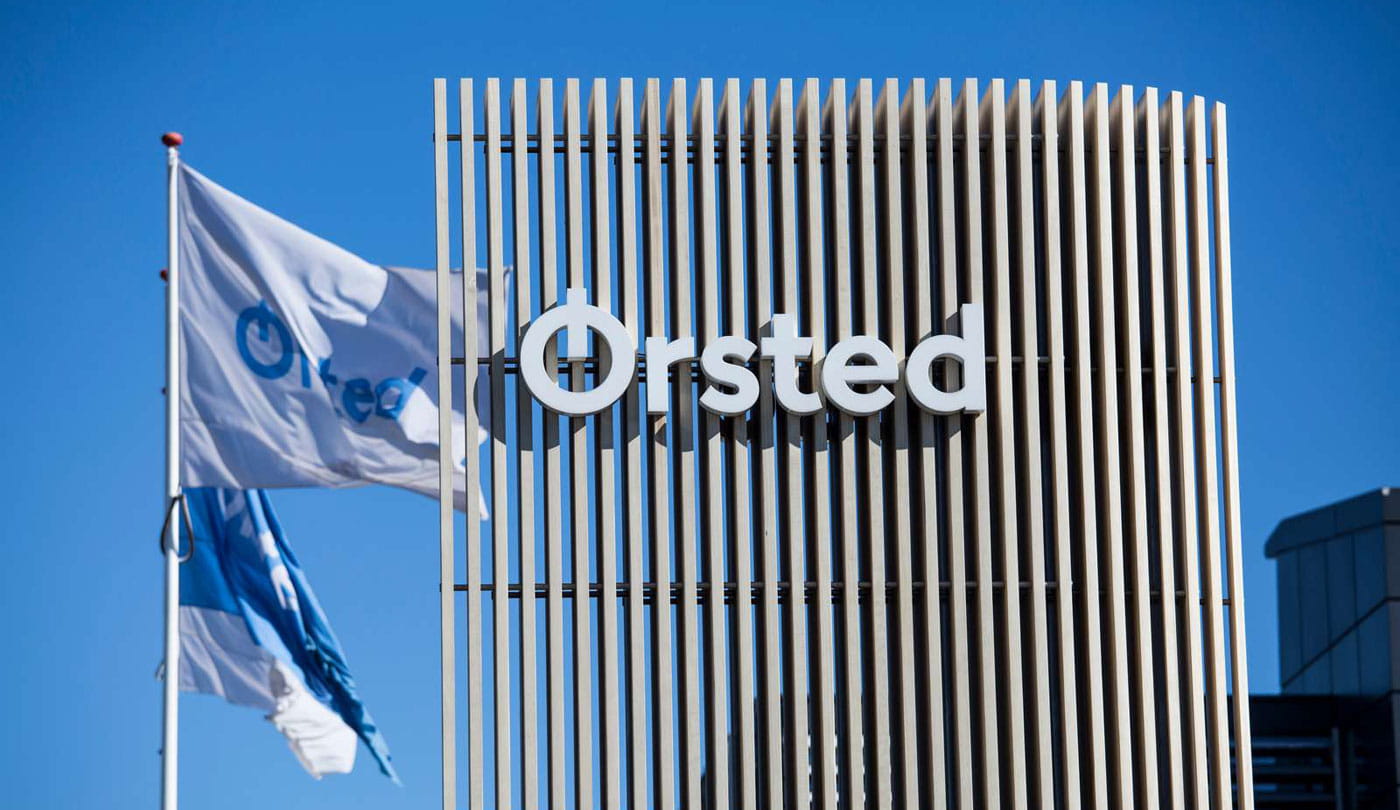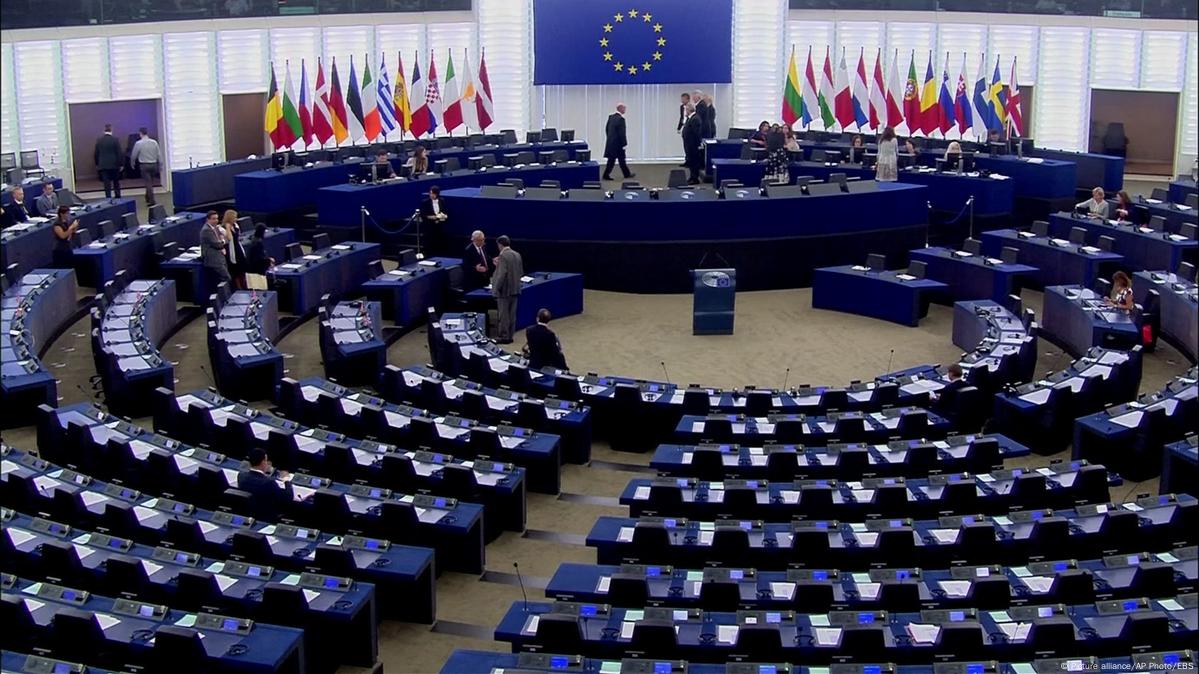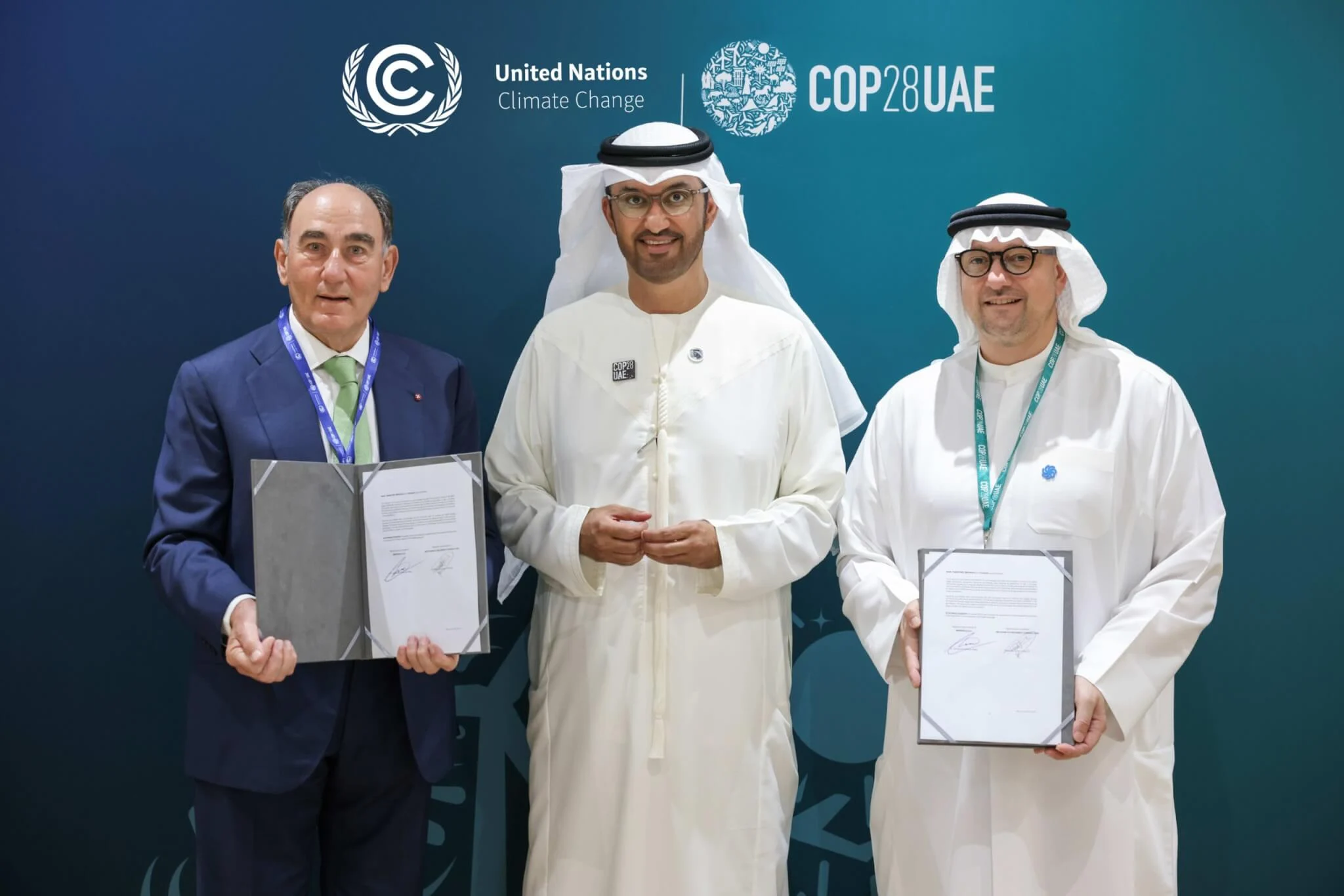Financial Institutions “Woefully Behind” on Deforestation Risk, Finds 9th Annual Global Canopy Forest 500 Report
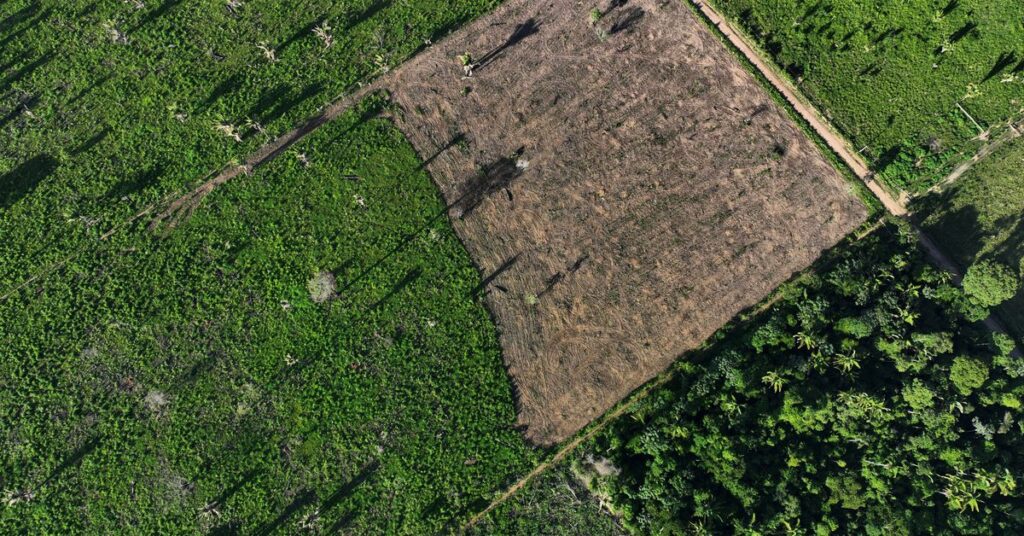
|
Listen to this story:
|
- 40% of the companies and financial institutions most at risk of driving deforestation still haven’t set a single deforestation policy, including VW Group, Deichmann Group, Ashley Furniture Industries and Groupe Savencia.
- Financial institutions provided $527 billion to Forest 500 companies with no deforestation policies last year, led by JP Morgan Chase and Bank of America
2022 marked a step change in global recognition of the threat posed by deforestation. The United Nations echoed the Accountability Framework’s recommendation that companies and investors must eliminate deforestation from their supply chains and portfolios by 2025, while the EU and UK introduced due diligence legislation that will ban the trade of commodities associated with deforestation, or illegal deforestation, respectively.
Yet despite this transformed political landscape, new data reveals that 201 of the 500 companies and financial institutions with the most influence on tropical deforestation (40%) still haven’t set a single policy on deforestation.
Each year Global Canopy’s Forest 500 assesses the 350 companies with the greatest exposure to forest-risk commodities – palm oil, soy, beef, leather, timber and pulp and paper – and the 150 financial institutions providing the most finance to these companies through loans and underwriting, bond holdings and shareholdings. These are the organisations not only with the greatest exposure, but the greatest opportunity to drive change through forest-risk supply chains.
More companies have commitments, but few are taking sufficient action to deliver on them
One hundred companies (29%) now have a deforestation commitment in place for all of the commodities to which they are exposed, including Unilever and Sainsbury’s.
But only half of these are actively monitoring their suppliers or sourcing regions in line with these policies – an essential step to deliver on headline commitments.
Worse, 109 companies (31%) still have no deforestation commitments for any of the commodities to which they are exposed, including companies such as VW Group and Deichmann Group, Europe’s largest shoe retailer.
145 of the 350 companies assessed (41%) have public commitments to net zero by 2050 at the latest – five times more than three years ago. Yet Global Canopy found that 98% of these companies (142) are on track to miss this target due to insufficient action on deforestation. These include household names such as Amazon, Carrefour, Starbucks and IKEA.
“It is now universally accepted that ending tropical deforestation is pivotal to meeting vital global goals on both climate and nature. It is remarkable that while a great many of the companies in the Forest 500 have ambitious net zero targets, almost all of those risk missing them because of inaction on deforestation.
Meanwhile the Global Biodiversity Framework agreed in Montreal represents huge progress. But those companies now putting up their hands to lead on tackling nature risk cannot be taken seriously if – as so many are – they are already failing to act on deforestation.
Deforestation is often associated with human rights abuses, including land grabbing, threats and violence. As such it is also deeply concerning that 90% of the companies without a single deforestation commitment also have no public commitments for associated human rights abuses.”
Niki Mardas, Executive Director, Global Canopy
See related article: CDP Data Shows Less Than One in 200 Companies Have Credible Climate Plans
Financial institutions are woefully behind
Investing in companies exposed to deforestation presents financial, material and reputational risks to the finance sector, yet financial institutions are even further behind in eliminating deforestation from their portfolios.
Ninety-two of the 150 financial institutions in the Forest 500 (61%) have no deforestation policies for any commodities, almost unchanged from last year (63%). These include the ‘Big Three’ asset managers, BlackRock, Vanguard and State Street.
Some $6.1 trillion flowed from Forest 500 financial institutions to Forest 500 companies last year, with $527 billion going to companies without a single deforestation commitment. The worst were JP Morgan Chase, Bank of America and Mitsubishi UFJ Financial, who collectively provided $72 billion in finance to Forest 500 companies without any deforestation commitments.
Eleven percent of financial institutions now have a deforestation policy for all forest commodities – up from 7% last year – and more than two thirds of those with policies for all commodities monitor whether their investee companies comply with these policies.
Global Canopy assesses financial institutions against five steps towards eliminating commodity-driven deforestation, conversion, and associated human rights abuses from their portfolios. It finds that 77% are still at the starting line; 21% have completed phase one – understanding risk; two have completed phase two – setting an effective policy for at least one commodity; while no financial institution has completed phase three – monitoring and engagement – or beyond.
Hopes for progress
However, it’s not all doom and gloom. Companies and financial institutions have never had better data, more advanced tools and more detailed guidance (such as Global Canopy’s five-stage Finance Sector Roadmap) to help them eliminate deforestation, conversion and associated human rights abuses.
And emerging leaders are showing that robust, public policies and rapid progress are possible. For example, in 2021 Schroders scored just 4% for its action to eliminate deforestation from its portfolio. But in October 2022 it published a new policy to eliminate commodity-driven deforestation in its investment portfolios by 2025. The policy covers all new and existing financing activities, all company and deal sizes and also seeks to address human rights abuses associated with commodity-driven deforestation. As a result, Schroders increased their Forest 500 score to 50% this year, which has brought the firm to the top of the Forest 500 ranking for financial institutions for action on deforestation and associated human rights.
“Without action, deforestation could undermine any hope of limiting global warming to 1.5 degrees, exacerbate biodiversity loss, and threaten food security and livelihoods of communities around the world. In addition, exposed companies face physical and transition risks as regulation tightens and consumer and investor scrutiny increases. Tackling deforestation is therefore critical in enabling us to act in the long-term interests of our clients across the portfolios that we manage. There is also an exciting opportunity for the financial industry to be part of the solution through direct investment into natural capital projects”
Catherine Macaulay, Impact Investment Lead, Schroders
A 50% score resulting in first place for action is indicative of how far the sector still has to go.
“While there have been pockets of progress, the majority of companies and financial institutions are living on borrowed time, putting climate and nature goals at risk. But 2023 can be a year of rapid progress. More than ever before, the global architecture, with the UK and EU legislation, and the Global Biodiversity Framework , is pushing in the same direction; and excellent tools, guidance and data are freely available. There are no more excuses – inaction is a risk to finance, a risk to business and a risk to life,”
Niki Mardas, Executive Director, Global Canopy



